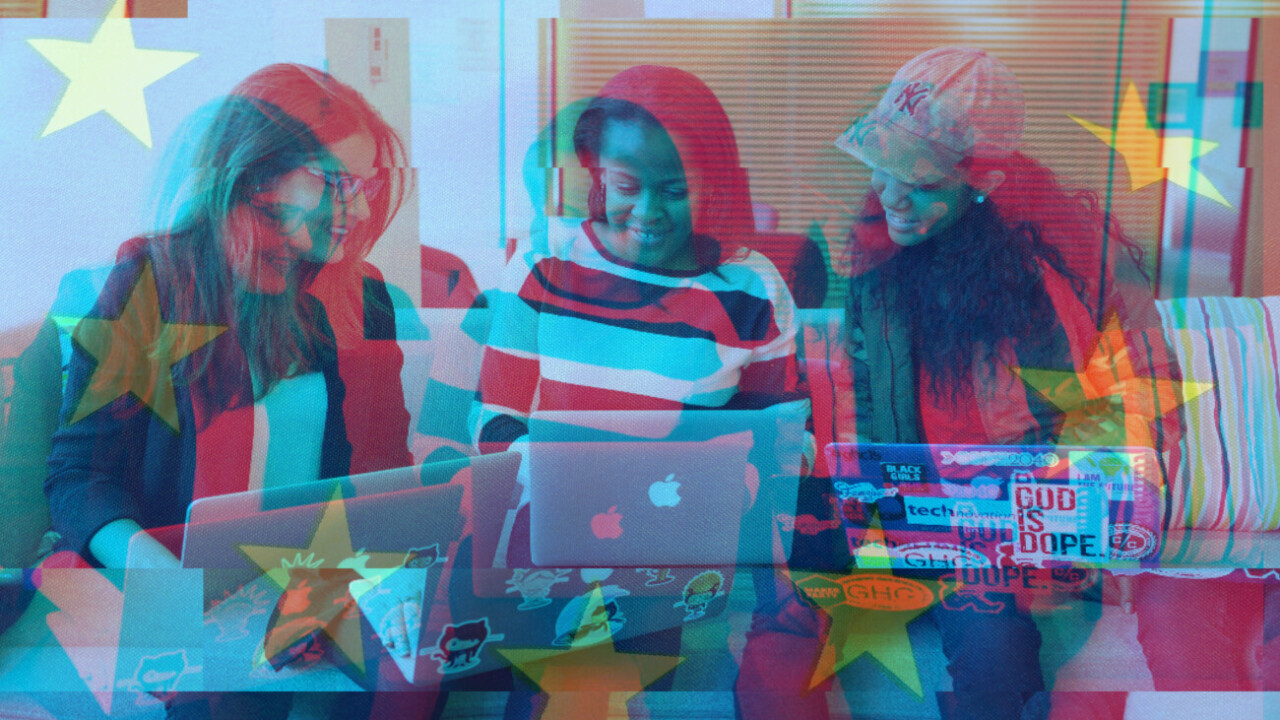
Story by
Siôn Geschwindt
The European Commission has announced the results of the second round of Women TechEU — a programme designed to help women-founded deep tech startups scale.
The round, which has a budget of €10m, saw applications from 467 women-founded deep tech startups from across Europe, 134 of which have been selected to participate. It follows on from a successful pilot in 2021 which featured 50 startups.
The startups selected for the second round will now each receive an individual grant of €75,000. The female founders will also be offered mentoring and coaching under the European Innovation Council (EIC) Women Leadership Programme, and be afforded access to EU networking opportunities.
The startups operate in 16 different deep tech sectors, and have developed solutions ranging from new medical drugs and carbon capture technologies, to digital learning and autonomous robotics.
Among the participants is Sweden-based Norbite, which uses insects to recycle plastic waste, Netherlands-based Agurotech, which digitises farming using AI, and Lithuania-based Inobiostar, which has developed a waste paper-based material for removing oil spills.

The <3 of EU tech
The latest rumblings from the EU tech scene, a story from our wise ol’ founder Boris, and some questionable AI art. It’s free, every week, in your inbox. Sign up now!
“By combining innovative ideas, female entrepreneurship, and excellent research and development, this year’s companies selected for WomenTechEU will contribute to enhancing the quality of life for the citizens of the EU and beyond,” said the European Innovation Council.
Deep tech makes up over a quarter of Europe’s startup ecosystem, with European deep tech companies valued at a combined €700bn in 2021.
Yet women remain chronically underrepresented: last year only 3% of VC funding in European deep tech went to women-founded startups.
These inequities are prevalent across the industry, but magnified in the deep tech sector. Deep tech startups tend to have longer R&D cycles, and require higher capital outlay than traditional startups, which makes it even harder for women-led and women-founded teams to scale up.
This is not just bad practice, it’s also bad for business. According to consulting firm McKinsey, the European tech ecosystem will only be able to remain competitive if it manages to attract and retain more female talent.
And investors seem to agree: “Diversity of thought, opinion and creativity is essential for our deep tech ecosystem to thrive,” said Christina Franzeskides, deep tech investor at Lakestar, in the 2023 European Deep Tech Report.
“To that end, we must strive towards inclusivity, across all backgrounds and genders, for the space to reach its full potential,” she added.
The European Commission believes that giving women-founded startups the right support and investment early on can help bridge deep tech’s gender gap, and strengthen the ecosystem as a whole.
Get the TNW newsletter
Get the most important tech news in your inbox each week.
Also tagged with